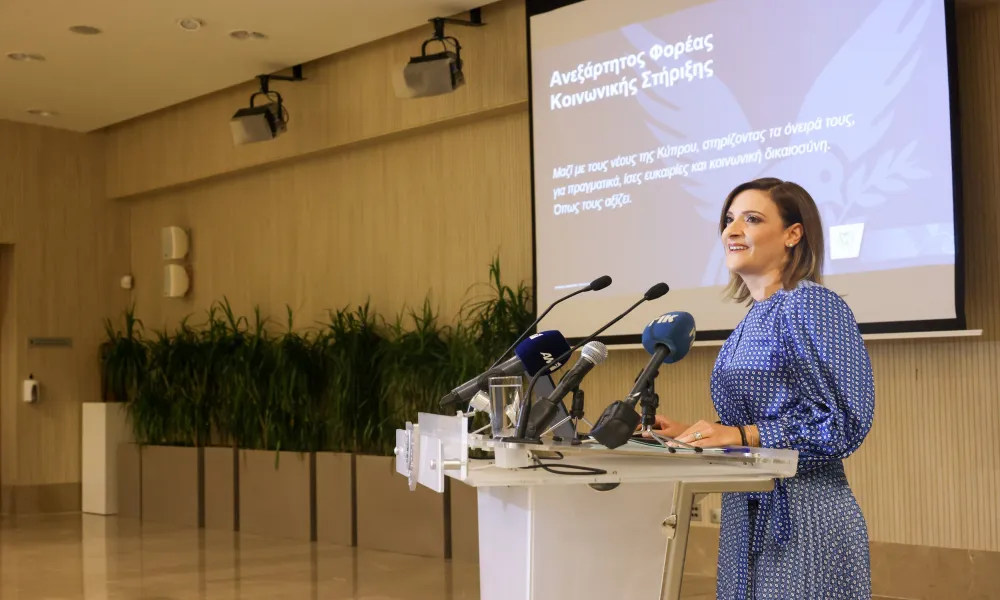The Audit Office examined the accounts of the Social Support Fund, an independent body chaired by the First Lady that provides financial help to low-income students and is funded solely by private donations. The audit identified cases where companies made substantial contributions to the Fund while they had, or continued to have, financial dealings with the state. Although the audit found no evidence of benefit or quid pro quo, it warns that the set-up creates conditions that could lead to public doubt.
Why it matters
The Fund was created by law. Its Management Committee is chaired by the spouse of the sitting President of the Republic, with the Accountant-General as treasurer and the permanent secretaries of three ministries as members. The Audit Office notes that this structure is unusual and creates a special relationship, since the First Lady’s spouse is the President who takes decisions that may directly or indirectly affect donating companies. The current management and disclosure framework is not sufficient to guarantee the institutional integrity required when philanthropy intersects with state power.
Notable cases cited
The report highlights examples, including: one company donating €695,750 in 2023-2024 while negotiating and signing a major long-term state contract in the same period; six shipping companies donating €750,000 in 2024, at a time when the Cabinet was taking decisions on the tonnage tax regime; and €685,000 in donations from persons linked to the Cyprus Investment Programme between 2018 and 2024.
Aligning with parliamentary parties that demand disclosure, the Audit Office recommends publishing the names of all donors who give more than €20,000 per year. The aim is to strengthen transparency so that the benefits of the Fund’s work are not overshadowed by public suspicion.
A practical disclosure mechanism
The Audit Office suggests the Management Committee adopt an internal rule to accept donations only from contributors who, at the time of payment, also consent to publication of their contribution above a set threshold, for example €20,000 per year. The Office argues this would significantly improve transparency, requires no new legislation, largely preserves the anonymity of most individual donors whose gifts are usually below the threshold, reflects good corporate-governance practice for companies that already publicise major donations, and aligns with guidance from the Organisation for Economic Co-operation and Development (OECD) that firms should disclose the scale and nature of charitable giving, especially when it relates to governmental or public bodies.
The donor lists provided to the Audit Office did not include identifying information such as national ID numbers or company registration numbers, which made it harder to verify the origin of donations.
Surge in contributions and political concerns
According to figures cited in the audit, private donations rose sharply after the current First Lady assumed the chair, reaching €4.3 million in 2023 and 2024 combined. During a parliamentary debate on a bill by DISY MPs Nikos Georgiou and Kyriakos Hadjiyiannis to mandate publication of donors above €5,000, MPs from AKEL and DISY warned that opacity fuels concerns about clientelism and vote-chasing in student support decisions. AKEL MP Christos Christofides asked why the state does not cover needy students directly, noting that parties must disclose donors above €500 and questioning why the Fund should be exempt. DISY MP Nikos Georgiou countered that disclosure would not deter reputable donors and said the sole purpose is transparency.
Parliament passed the DISY bill in September 2024, obliging the Fund to publish the names of donors above €5,000. President Nikos Christodoulides refused to sign and referred the law to the Supreme Constitutional Court, which struck it down as unconstitutional. The House has signalled it will return with a new arrangement aimed at strengthening transparency at the Social Support Fund.
